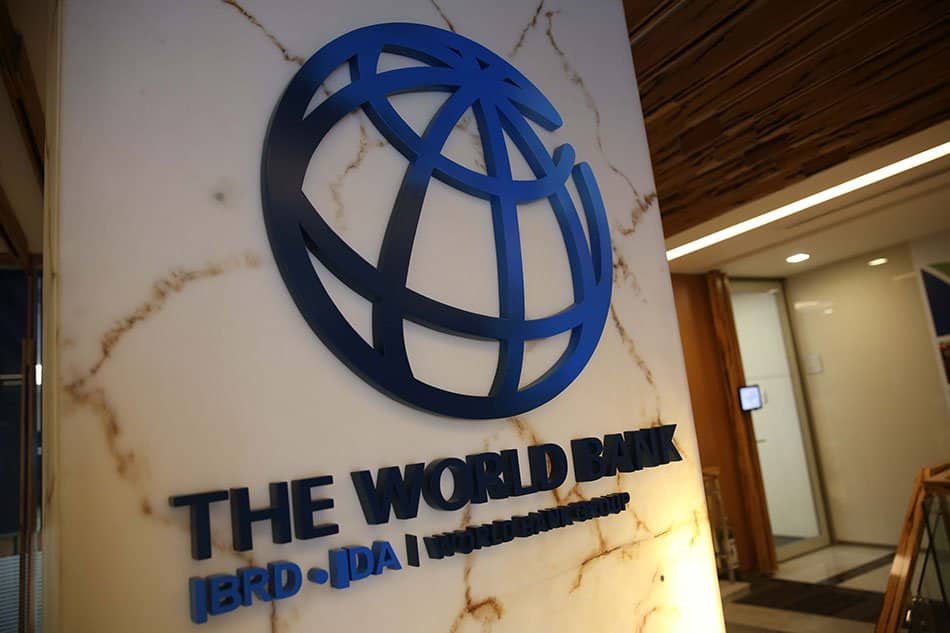Global growth will “slow down significantly” this year as the Covid-19 epidemic and supply chain difficulties continue and government aid programs expire, the World Bank said.
The Washington-based development creditor predicts that growth will slow to 4.1% this year from an expected 5.5% in 2021, but warned that “Omicron-related economic disruptions could significantly reduce growth” to 3,4%.
The Covid-19 variant of Omicron, which is spreading rapidly around the world, could worsen the situation and exacerbate labor shortages and supply chain difficulties, the World Bank warned.
World Bank President David Malpass is worried about the “huge losses” the pandemic is inflicting on people in poor countries, which could have consequences for the future.
“We are seeing worrying changes in poverty, nutrition, and health care. The extent of school closures will also have a lasting impact,” he told reporters. “I am very concerned about development.”
Ayhan Kose, head of the bank’s forecasting unit, told AFP that the Omicron variant caused fewer restrictions than the original epidemic, meaning the overall impact could be more favorable. However, he warned: “If it lasts much longer and cases remain high and continue to put pressure on health systems, global growth will be lower in this scenario.”
This would exacerbate the ongoing struggles with labor shortages and global production and transport difficulties, which have fueled a wave of price increases.
“The Omicron variant shows us once again that the pandemic is still with us and we need to learn how to live with it,” he said.
Faced with a 40-year peak in inflation, the US Federal Reserve is expected to start raising interest rates soon, and perhaps take more aggressive steps, which will increase borrowing costs for developing countries, which are already burdened with record debts. This, in turn, can undermine the confidence of businesses and households, reduce consumption and trade flows, which are key drivers of global growth.
The United States and China are slowing down
Kose emphasizes that vaccination remains crucial, as the threat of new, more portable, or more virulent variants will continue until a significant part of the world’s population is vaccinated.
“The share of the vaccinated population in many economies is expected to exceed 70% by mid-2022, but prospects for vaccination progress remain uncertain in some countries,” especially in the poorest countries, the report said. “At the latest levels of vaccination, about a third of the population of low-income countries will have received even one dose of vaccine by the end of 2023.”
The world’s largest economic powers, the United States and China have not been spared the economic impact of the Omicron vaccine.
In its report, the bank sharply lowered its forecast for US growth this year to 3.7%, which is 0.5 points less than its previous estimate.
The World Bank notes that Washington’s $ 1.2 trillion 10-year infrastructure spending plan signed in November should give the US economy a “small boost” in the short term, with a stronger impact in the coming years. However, the US economy is facing “persistent inflation and even faster tightening of monetary policy could lead to weaker-than-expected growth.”
As for China, growth is now expected to slow to 5.1% in 2022, down 0.3 percentage points from 8% last year, but the country’s problems extend beyond the pandemic.
“The potential for a marked and sustained decline in the highly indebted real estate sector – and its potential impact on housing prices, consumer spending, and local government funding – is a marked risk of deteriorating prospects,” the report said.

